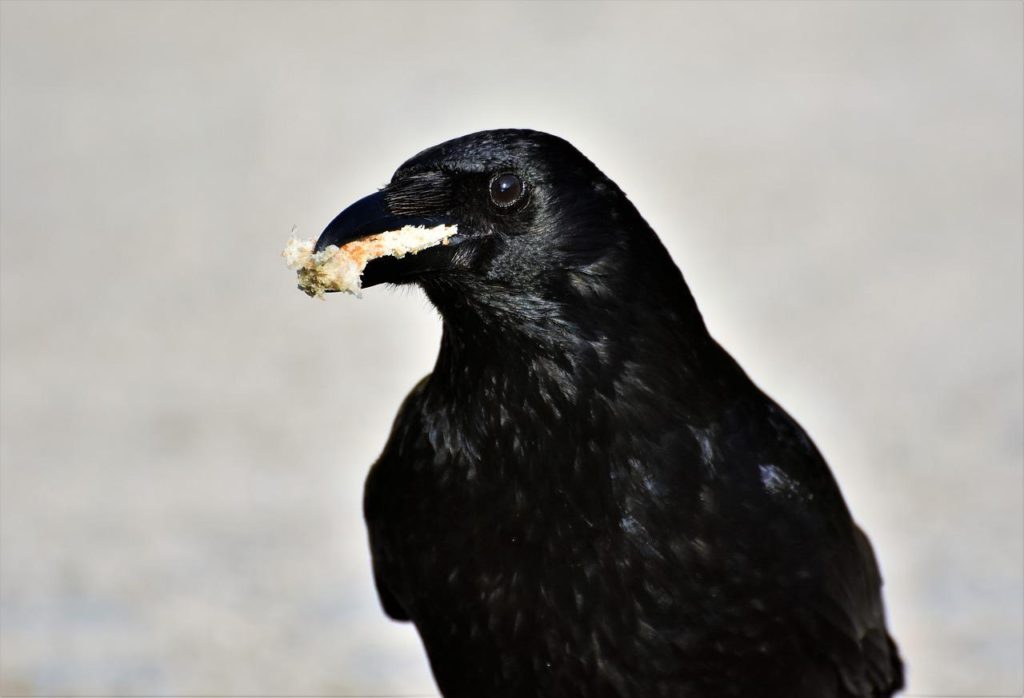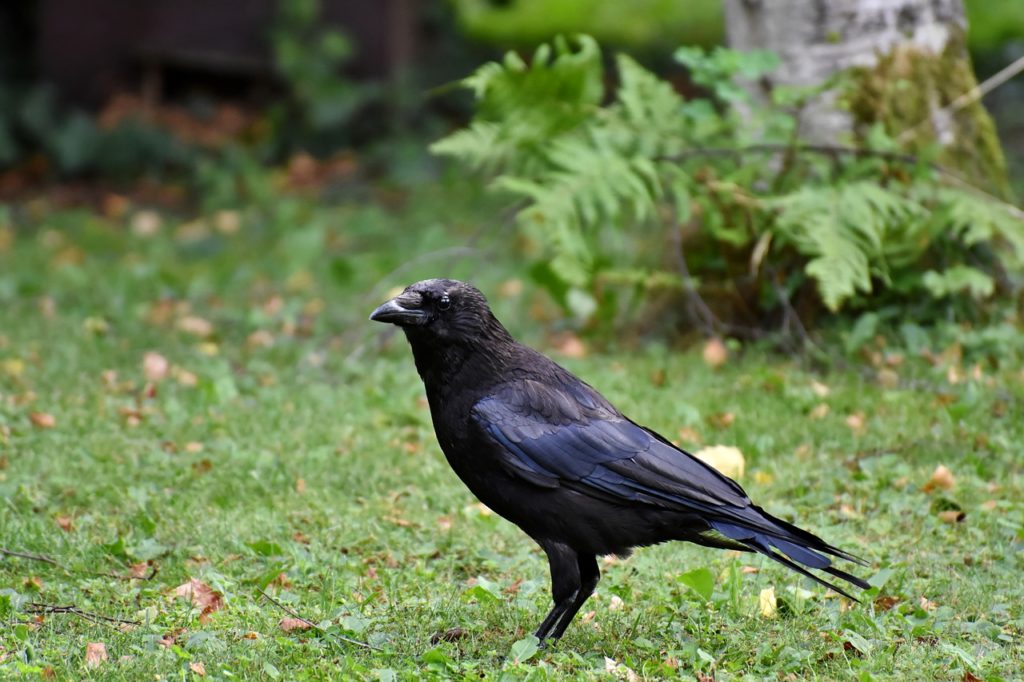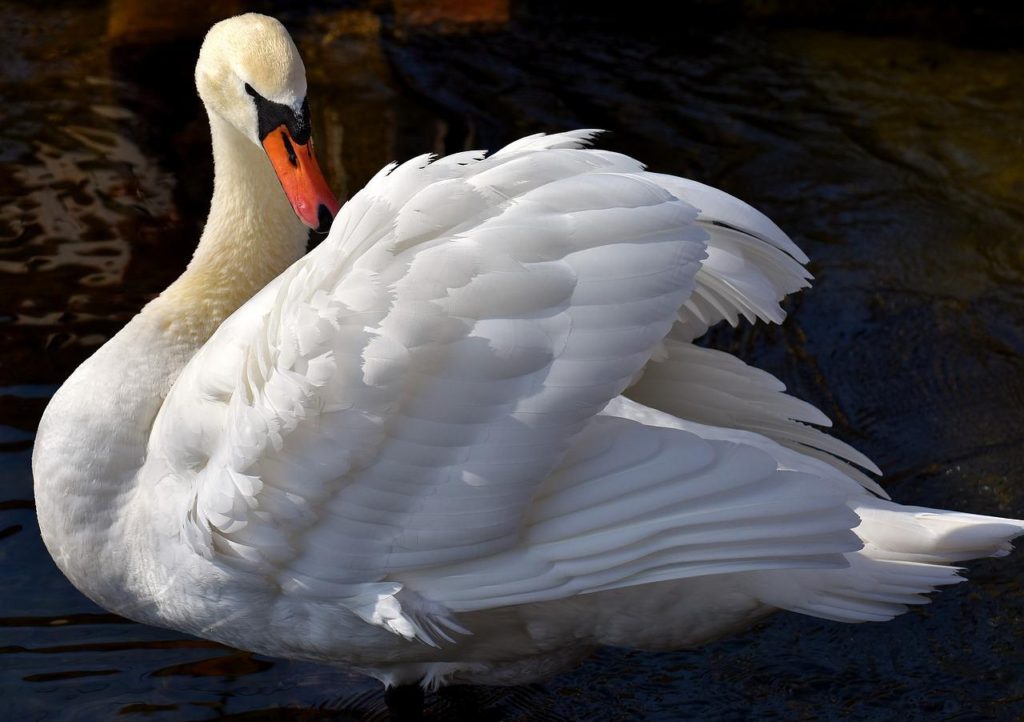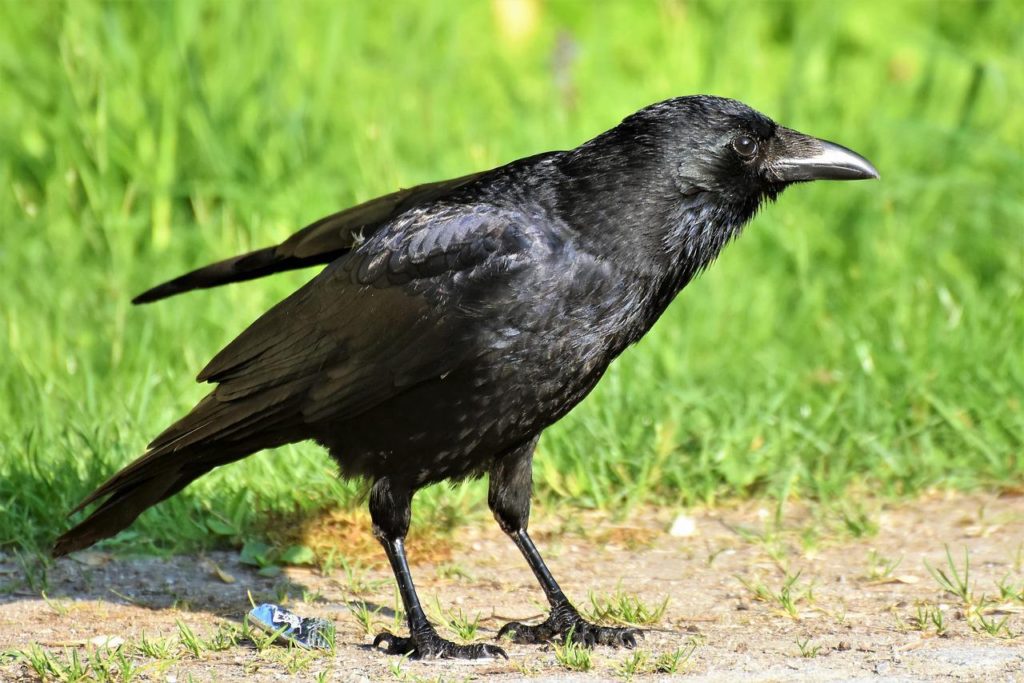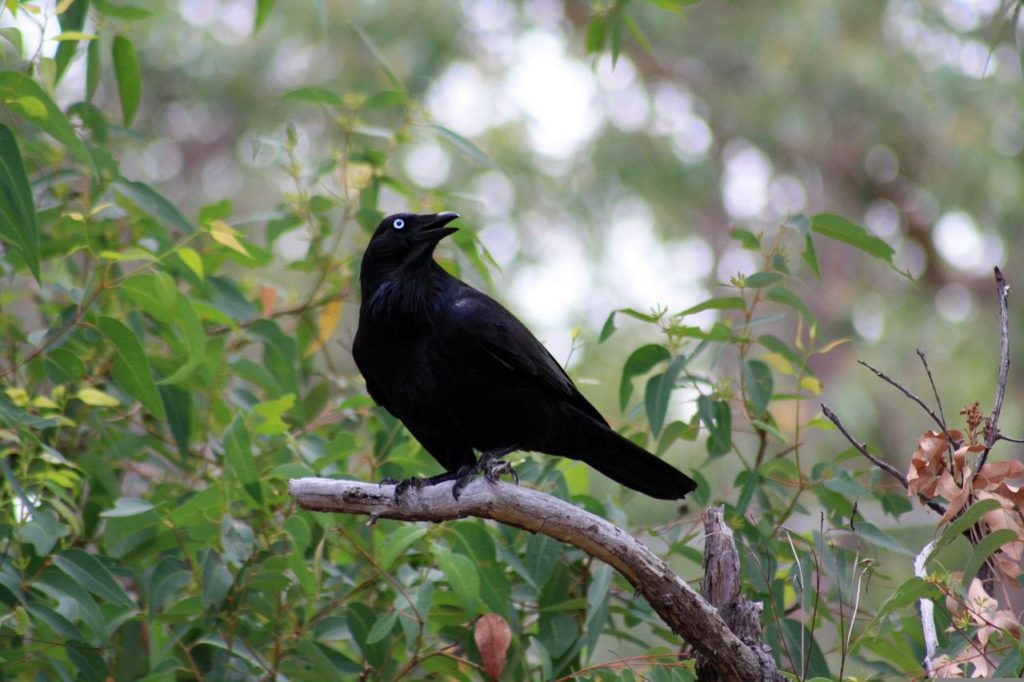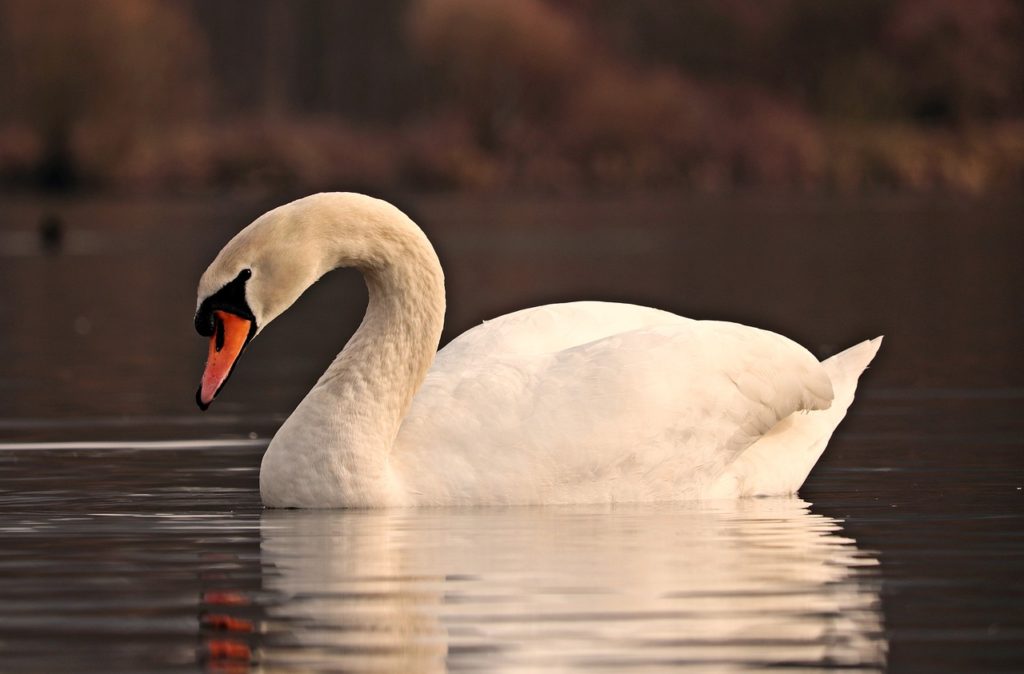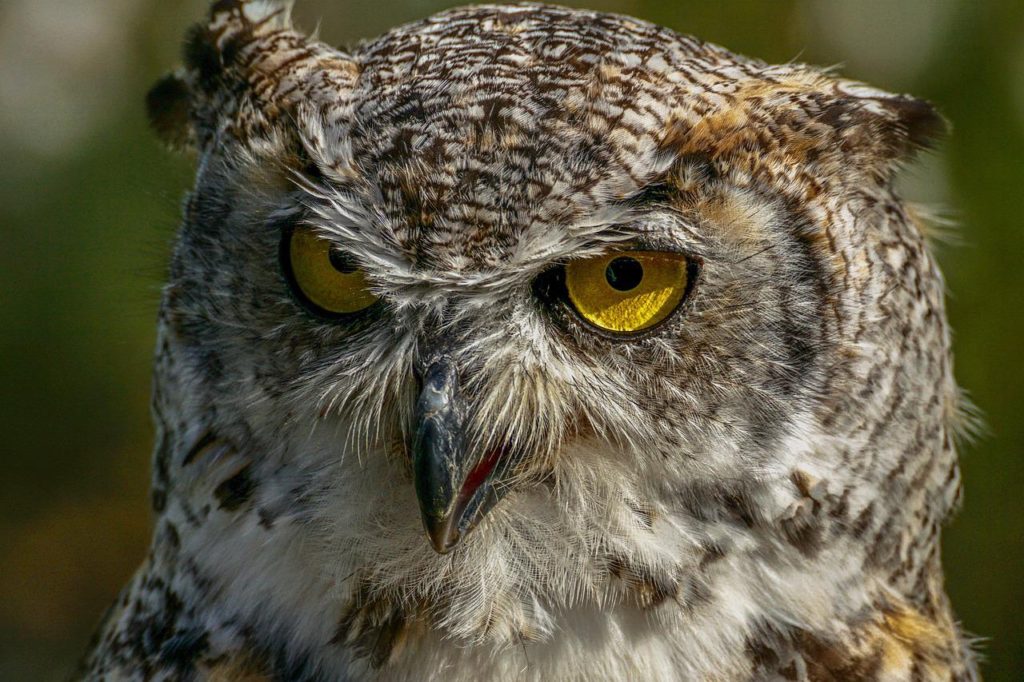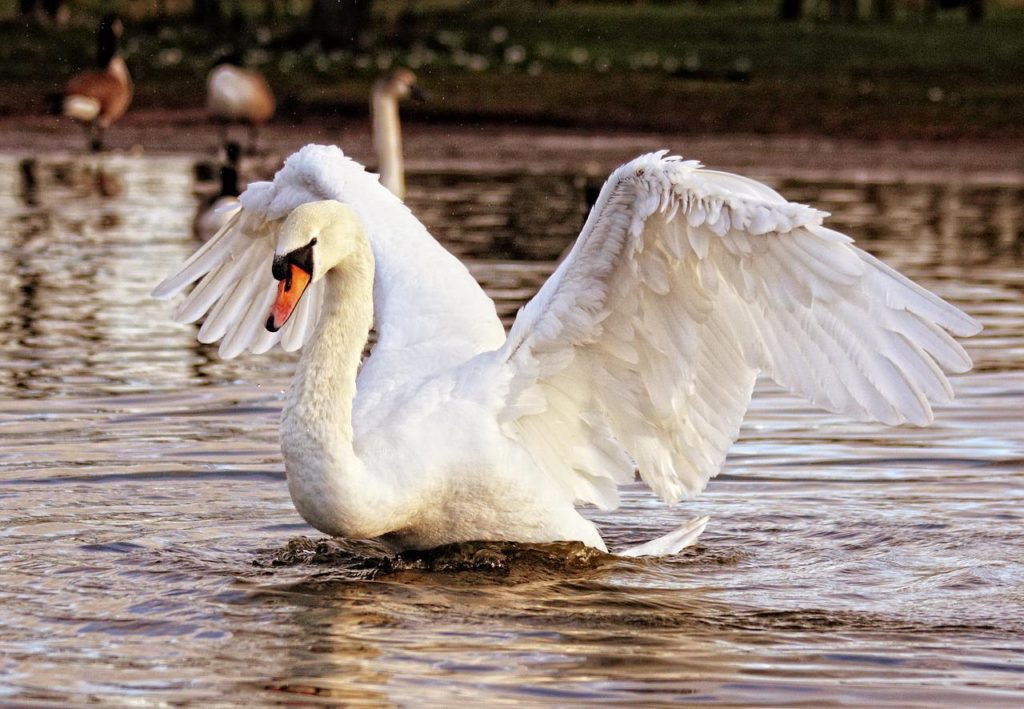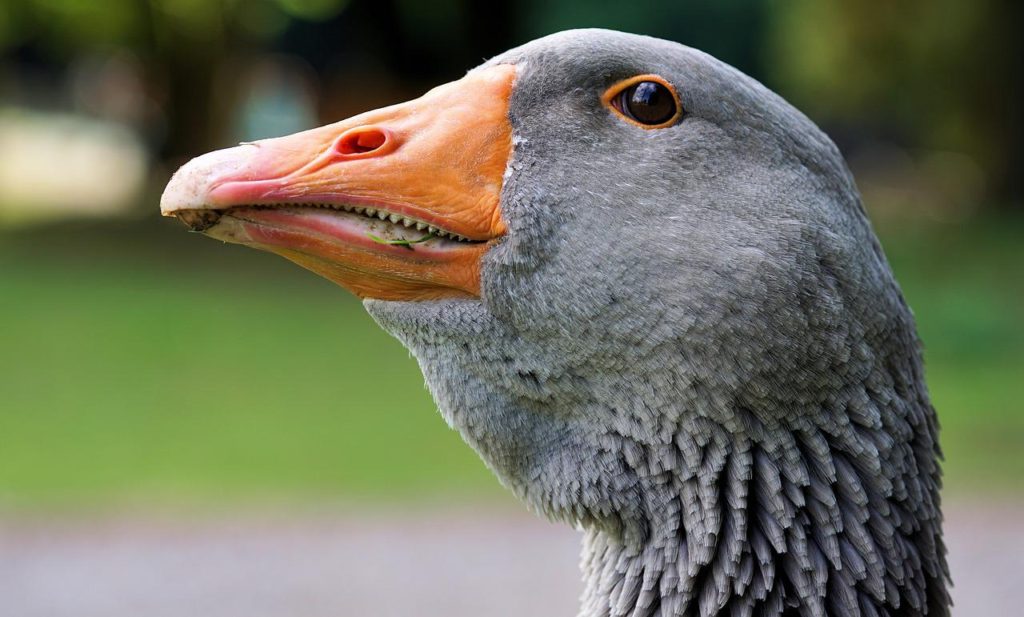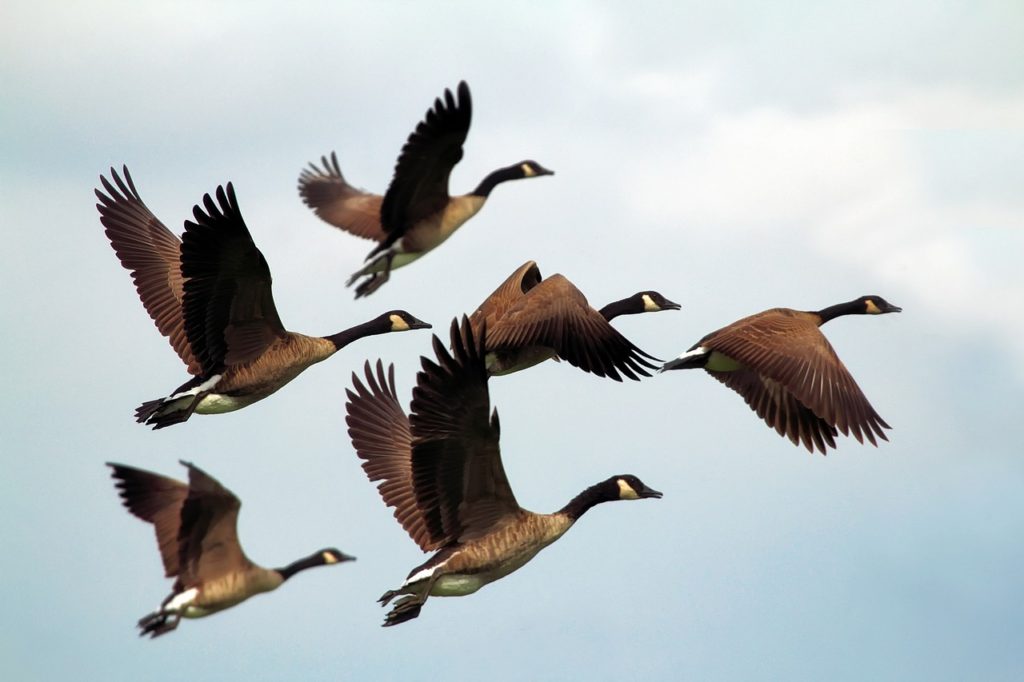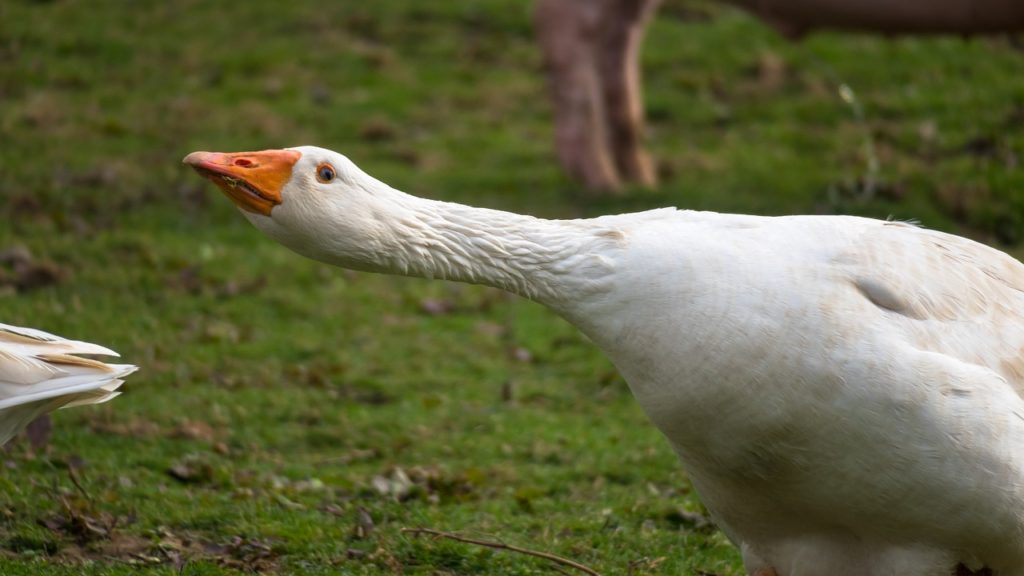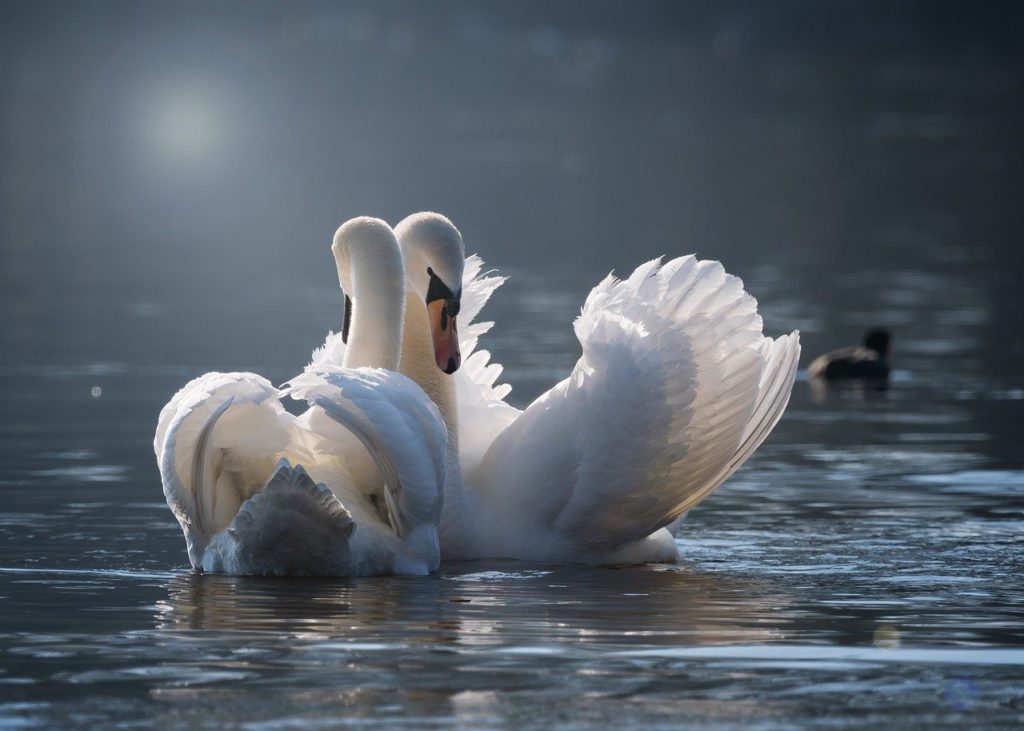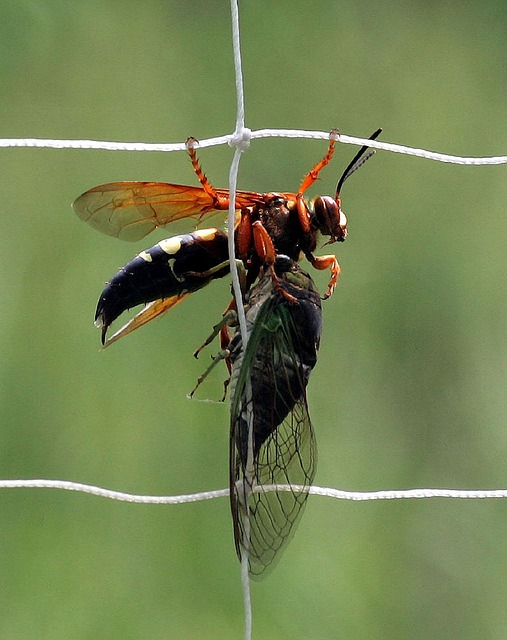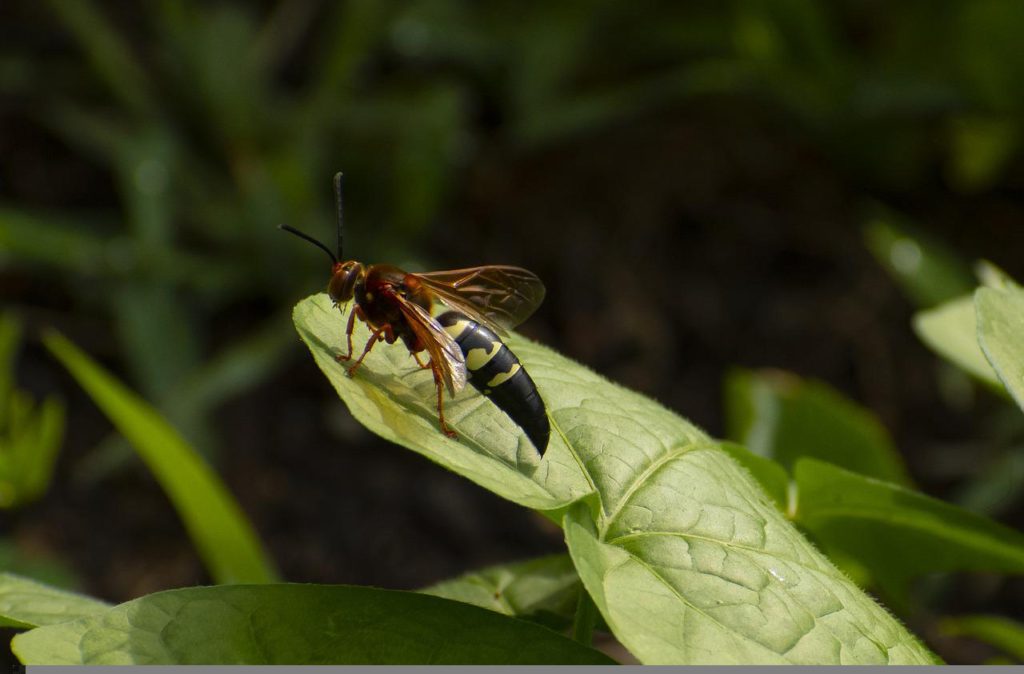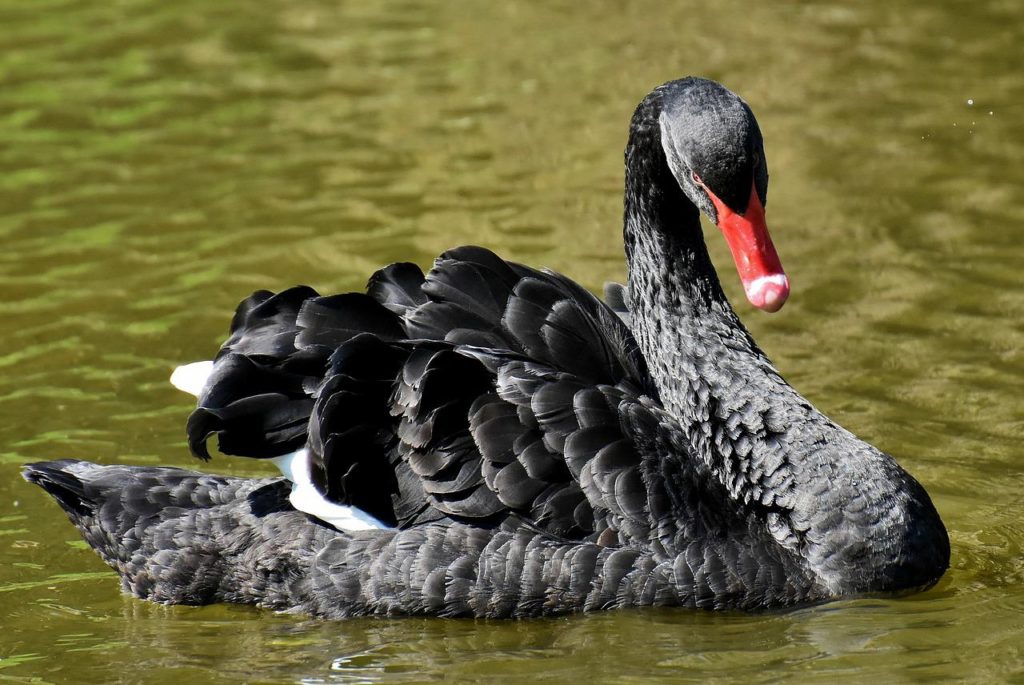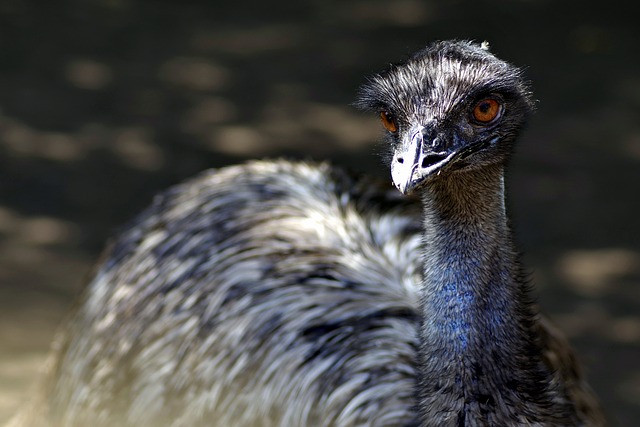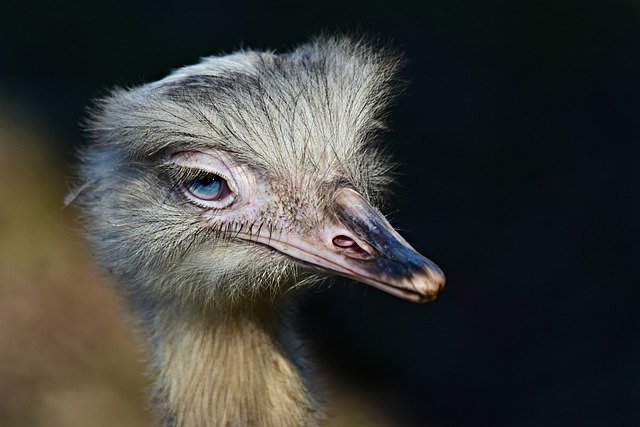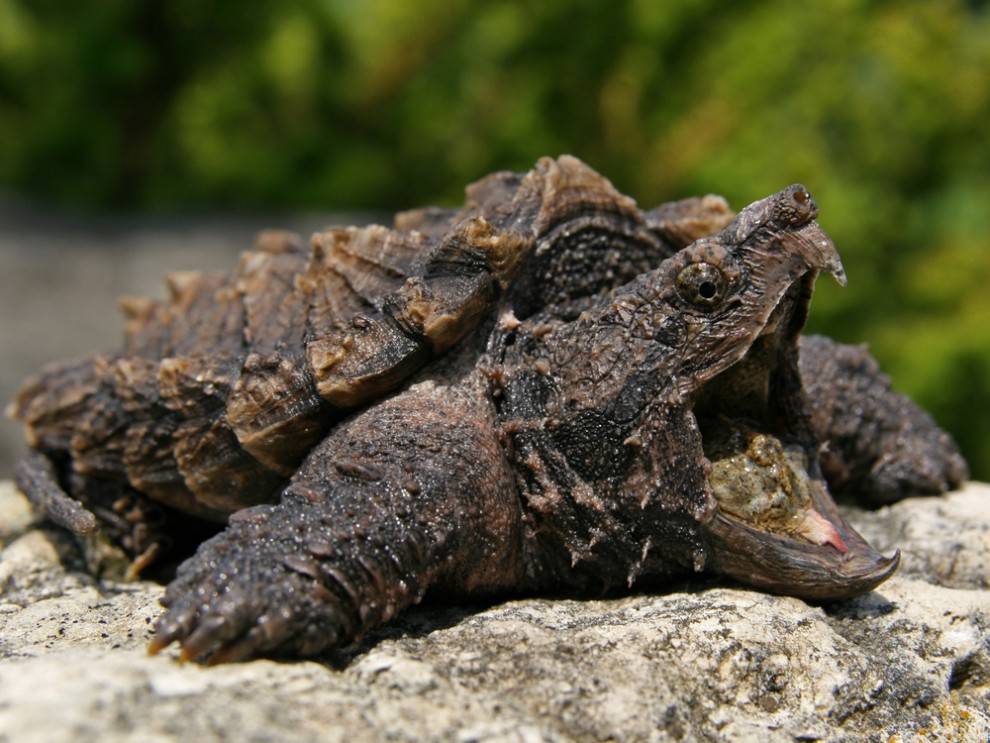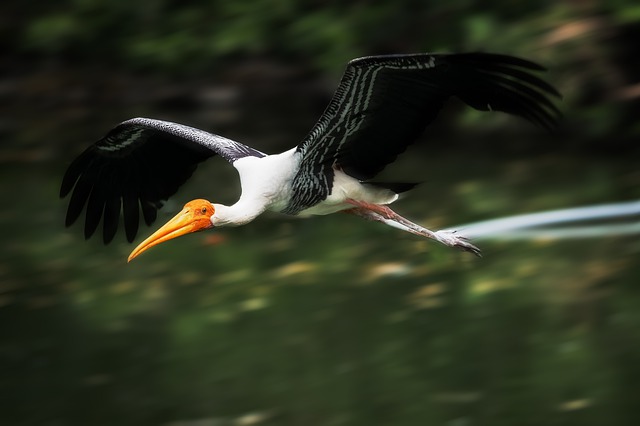
Storks are tall wading birds with long legs and necks. These amazing birds have many fascinating things about them. And we’ve compiled some of the top stork pictures to help show you just how interesting and beautiful they are.
White Stork
The white stork has a body that is mainly white in color except for the black on its wings. This species also has a distinct long red beak and long red legs. It is widespread over Europe yet winters in Africa and Iberia. It is actually the species stork that gave rise to the legend that the stork delivers babies.
Black Stork
The majority of the black stork’s plumage is black, which is how it gets its name. This species has a red beak and also red legs. One of its most stunning features however is the greenish-purple iridescent sheen on its plumage. The sheen is the easiest to see after the bird molts in the spring and has new feathers.
Shoebill Stork
The shoebill is named for its enormous beak. However, despite being commonly called a stork, it’s NOT a stork after all. Recent evidence actually places it in the pelican family. This bluish-grey bird is a predator and its large beak allows it to catch and eat prey which is quite substantial in size.
Saddle-Billed Stork
This African stork is one of the tallest stork species. It has a huge beak that is red with a black band along with a yellow “saddle,” for which it gets its name. The saddle-billed stork also has a yellow iris and is a close relative of the black-necked stork.
Wood Stork
The wood stork looks similar to an ibis. And in the past, it was actually known as the wood ibis. However, it is a true stork. This species has a large range that includes North, Central, and South America along with the Caribbean. In the United States, it is considered a threatened species.
White Stork In Flight
The white stork is often seen soaring high up in the air. This is a tactic for saving energy. Instead of constantly flapping its wings it uses the uplift of air thermals and soars or glides instead. White storks use this method, particularly when flying long distances such as during migration.
Wood Stork Nest Guarded By Parent
The wood stork nests in colonies that are made up of a large number of other storks. They build their stick nests in trees with many members of the colony nesting in the same tree. Young chicks younger than three weeks of age are never left alone, one parent will always keep guard while the other goes out to find food.
White Stork Nest
The white stork makes large nests out of sticks. The same nests are typically used year after year. Nests are several feet wide and up to six feet deep. This species often nests in close proximity to people. While they do nest on rocks, old trees, and nesting platforms they also will nest on rooftops and even chimneys.
Marabou Stork Beak
Storks have beaks that are large or even extra-large in size. The size and shape of the beak that a specific stork species has depends on its diet. For example, the marabou stork shown below has a beak that helps it to pull the meat out from deep inside the carcasses of dead animals.
Painted Stork Eating Fish
The painted stork feeds mainly on fish which it catches by sweeping its beak from side to side under the water. Its beak has a slight downward curve similar to that of an ibis which helps it to grab its food. In the past, because of its beak shape, the painted stork was actually considered to be part of the ibis family.
Tall Stork
While most storks are tall, the marabou stork is very tall. This large bird can reach heights of around five feet. It also has an incredibly wide wingspan as well, with some individuals having a span of over ten feet. The marabou stork is a scavenger often feeding on dead animals.
Woolly-Necked Stork
While woolly-necked stork pictures are not as common as those of other species, the appearance of this large bird is no less stunning. It has a unique fluffy white neck for which it gets its name. The rest of the body is black in addition to a black skull cap on its head.
Start Shopping for Birding Supplies!
What Do Crows Eat?
With roughly 40 different species, crows are a common sight in most places around the world. And while most of us are familiar with their appearance and harsh vocalizations, their diet is not as obvious. So what do crows eat? Here's what you'll want to know. What Do...
What Are Crows Good For?
Crows are widely considered to be pests. However, these large and highly intelligent black birds actually serve quite a few important functions in the environment. So what are crows good for? Here's what you'll want to know. Pest And Parasite Management Crows are...
How Long Do Swans Live?
Swans are graceful and beautiful creatures and as such, people have many questions about them. They want to know about their mating rituals, their diet, their preferred habitats, and even their lifespans. How long do swans live for anyway? Swan lifespans actually vary...
Are Crows Good Pets?
People all around the world see and hear crows on a daily basis. Although these intelligent and dark birds are practically ubiquitous, most people don't think of them as being household pets. Are crows good pets? The general consensus is that crows do not make...
Are There Crows In Australia?
Crows are remarkably smart birds that also happen to be extremely adaptable. They navigate unfamiliar circumstances via observation and interaction. Crows reside in locations all over the globe. While they do not live in certain parts of South America, they do reside...
What Do Swans Eat?
Swans are famously long-necked birds that are symbols of romance, love, beauty, and purity. Since these waterbirds have so many admirers, people often wonder about their eating habits, behaviors, and more. What do swans eat, anyway? Swan Basics Swans typically live in...
Birds That Look Like Owls
Owls are typically solitary and mainly nocturnal birds. And although these well-known hooting creatures have a rather distinctive physical appearance, there are actually various other kinds of birds that resemble owls closely. And people sometimes mix them up. So...
Why Are Swans Protected?
Swans are graceful and gorgeous creatures. They also happen to have protection in the United Kingdom, interestingly enough. Why are swans protected there, anyway? And does the Queen own all the swans? Yes, she actually owns any mute swans that are unclaimed in both...
Birds With Teeth
Birds do not have teeth. However, there are quite a few that really look like they do! These birds have evolved special beaks which help them to perform important functions. So here are some of the most amazing birds with “teeth,” and what you’ll want to know about...
Do Geese Fly?
Although geese are clearly birds, there are many individuals who do not necessarily associate them with flying. So, do geese fly? The honest answer is that these waterfowl do. They do not exactly slouch in the flying department, either. Many people are pleasantly...
Are Geese Dangerous?
Geese, in brief, are waterbirds that are quite substantial in size. Since they're often spotted on golf courses, at schools, and in community parks, people understandably tend to wonder whether they're safety threats. Are geese dangerous? Why Geese Attack...
Do Swans Mate For Life?
Swans are famously elegant waterbirds that are known for their sizable bodies, webbed feet, and lengthy necks. People often associate them with romantic imagery and monogamy. Do swans mate for life? You can find the response to that common and rather fascinating...
When Do Cicada Killers Come Out?
Whether you dread them each year or are waiting for them to emerge and control the cicada population you may be wondering, “When do cicada killers come out? The answer is they come out each summer in late June or July. Here’s what you’ll want to know. Cicada Killer...
Are Cicada Killers Dangerous?
One look at one of these huge wasps buzzing around, your yard, and it’s only natural to ask, “Are cicada killers dangerous?” Fortunately, these wasps are mild-mannered. But here’s what you’ll want to know. Cicada Killer Wasps Basics Cicada killers emerge from the...
What Are Black Swans?
What are black swans? Black swans (Cygnus atratus) are sizable waterbirds. This species primarily appears in Australia's southwestern and southeastern portions. The black swan is nomadic in its homeland. This bird, true to its name, is mostly black. Although the bird...
What Do Cicada Killers Eat When There Are No Cicadas?
What do cicada killers eat when there are no cicadas? Well, while cicada killer wasps do hunt cicadas, the adults don’t actually eat them or kill them, their young do. Read on to learn more! The Cicada Killer Diet While you may have seen cicada killer wasps flying...
Do Cicada Killer Wasps Sting?
As one of the biggest species of wasp in North America the cicada killer wasp can be intimidating. And because of their size, appearance, and scary-sounding name, many people wonder, “Do cicada killer wasps sting? The answer is yes and no, and here’s what you’ll want...
Emu Facts
Did you know? One emu egg can make an omelet that can feed up to six adults. Did you know that the emu is the only bird with calf muscles? Can an emu walk backward? Let us find out by exploring some of the most jaw-dropping emu facts. Emus Have Amazingly Powerful Legs...
Rhea Facts
Doting dads, did you know the male rhea builds the nest, incubates the eggs, and takes care of the young? The rheas are paragons of parental care. It’s a bird like no other, and you will be surprised by the following rhea facts. Rheas Are One Of The Best Dads In The...












